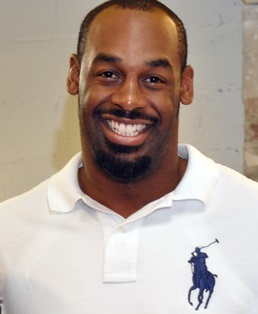A Quote by Joe Thomas
You look at guys with significant Alzheimer's and dementia and the mood swings and the suicides that unfortunately NFL players have been faced with. And depression. Lou Gehrig's disease. These are all things that have kind of been linked to the brain damage from football.
Related Quotes
For my books of nonfiction I write about subjects I find fascinating. I've been a Yankees and a Lou Gehrig fan for decades, so I wrote 'Lou Gehrig: The Luckiest Man.' It's more the story of his great courage than of his baseball playing. Children face all sorts of challenges, and it's my hope that some will be inspired by the courage of Lou Gehrig.
I've had five grandparents who have had Alzheimer's. I've been involved in raising money for two decades, so I thought, how could I combine my work with this commitment to helping dementia? One of the myths is that it's an older person's disease. We're seeing early onset dementia among people at 45. It's the disease of everybody.
If chronic bashing of the head could destroy a boxer's brain, couldn't it also destroy a football player's brain? Surely someone in the history of football had thought to look for dementia pugilistica. Unlike boxers, football players wear helmets, but a helmet can't fully protect the head from damaging impact.




































